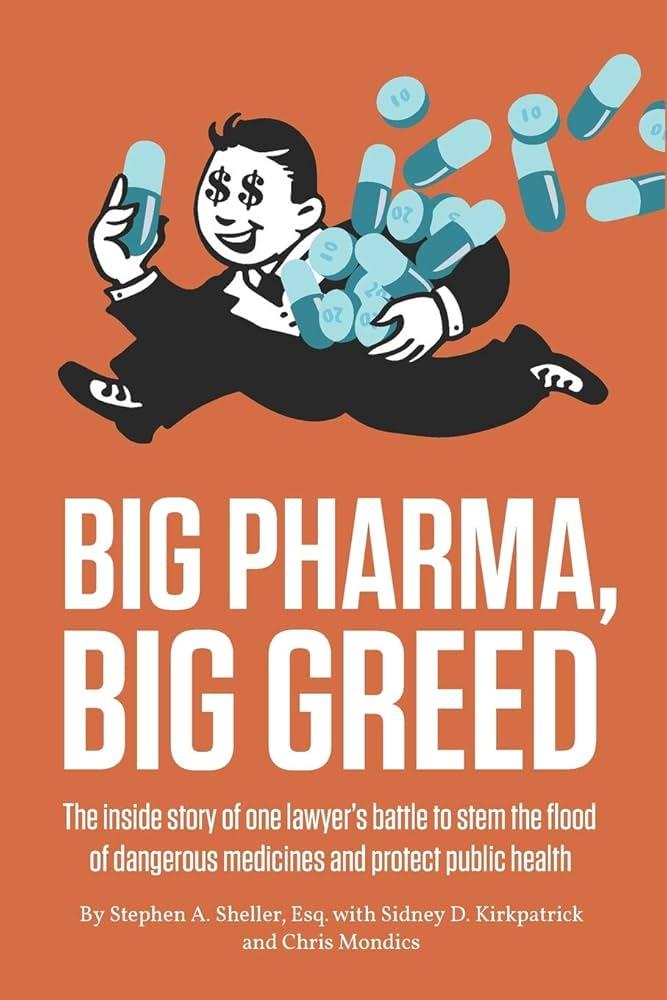Advocacy groups are urging regulatory authorities to launch an anticompetition investigation into major pharmaceutical companies’ strategic shifts following Brexit, according to a recent report by Fierce Pharma. As the UK’s departure from the European Union continues to reshape the pharmaceutical landscape, critics warn that some Big Pharma players may be leveraging the transition to entrench market dominance and hinder competition. The calls for scrutiny come amid growing concerns over drug pricing and access, highlighting the complex repercussions of Brexit on the industry’s competitive dynamics.
Big Pharma’s Brexit Shift Sparks Renewed Antitrust Concerns from Advocacy Groups
Recent shifts within the pharmaceutical industry, prompted by the United Kingdom’s departure from the European Union, have ignited fresh scrutiny from consumer advocacy groups and regulatory bodies alike. Critics argue that Big Pharma’s strategic realignment post-Brexit is creating barriers to competition, potentially inflating drug prices and limiting patient access to vital medications across the UK and EU markets. The consolidation of distribution channels and the relocation of clinical trial operations have raised red flags regarding market fairness and transparency.
Advocacy groups highlight several key concerns driving their calls for a stringent antitrust investigation:
- Market Concentration: Increased dominance by a few major players could stifle smaller competitors.
- Price Manipulation: Reduced competition might lead to unjustified price hikes on essential treatments.
- Supply Chain Control: Realignment has allowed firms to centralize supply chains, increasing vulnerability to monopolistic behaviors.
| Aspect | Pre-Brexit | Post-Brexit Shift |
|---|---|---|
| Clinical Trials Location | Distributed EU-wide | Concentrated in UK hubs |
| Drug Pricing Regulation | EU-wide pricing frameworks | UK-specific, less coordinated |
| Distribution Networks | Diverse and competitive | Centralized, fewer distributors |
Experts Highlight Market Consolidation Risks and Impact on Drug Pricing
Industry experts warn that the recent wave of mergers and acquisitions among major pharmaceutical companies could trigger significant market consolidation, potentially stifling competition and innovation. The concentration of market power in the hands of a few dominant players is seen as a catalyst for increased drug prices, which may ultimately impact patient access and healthcare budgets globally. Advocacy groups argue that such consolidation reduces the incentive for companies to develop affordable treatment options, thereby placing vulnerable populations at risk.
Key concerns raised by specialists include:
- Reduction in competitive pricing pressure, allowing price hikes without market restraint.
- Fewer choices for consumers, limiting availability of alternative brands or generics.
- Decreased innovation, as larger entities focus on protecting existing products rather than investing in new drug development.
| Impact Factor | Potential Outcome |
|---|---|
| Market Dominance | Pricing Power Surge |
| R&D Investment | Innovation Slowdown |
| Consumer Choice | Limited Alternatives |
Calls Grow for Regulatory Scrutiny and Stronger Competition Safeguards in Pharma Sector
Recent developments in the pharmaceutical sector, described by experts as “Big Pharma’s Brexit,” have intensified calls from consumer advocacy groups for heightened regulatory oversight. These organizations argue that the recent industry shakeup has exposed loopholes that allow dominant companies to consolidate power, stifling innovation and inflating drug prices. Key concerns focus on opaque merger practices, excessive market control, and the potential negative impacts on patient access to essential medicines.
In response, advocates stress the necessity for comprehensive competition safeguards, emphasizing several critical measures:
- Stricter antitrust enforcement to prevent monopolistic behaviors
- Increased transparency in pricing and supply chains
- Enhanced support for smaller pharmaceutical firms and generic drug producers
- Robust monitoring of mergers and acquisitions to safeguard market competitiveness
| Issue | Impact | Recommended Action |
|---|---|---|
| Market Consolidation | Reduced competition | Antitrust scrutiny |
| Drug Pricing | Higher costs for consumers | Price transparency laws |
| Innovation Stagnation | Fewer new drugs | Support for startups |
To Wrap It Up
As calls for an anticompetition probe into Big Pharma’s strategic realignments post-Brexit gain momentum, advocacy groups warn that unchecked industry power could undermine drug accessibility and affordability in the UK. Regulators and policymakers now face growing pressure to scrutinize these developments closely, ensuring that the market remains competitive and patient interests are protected in the evolving pharmaceutical landscape.




